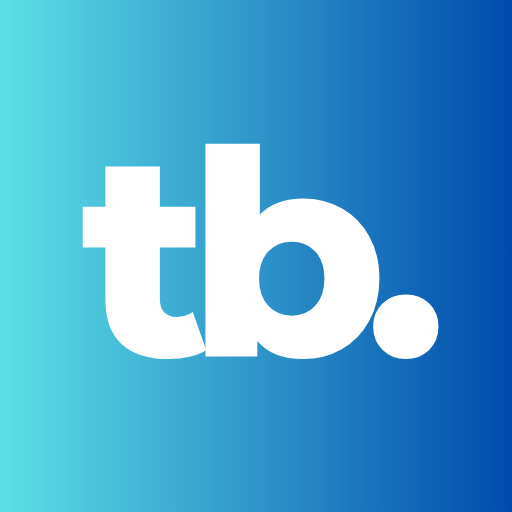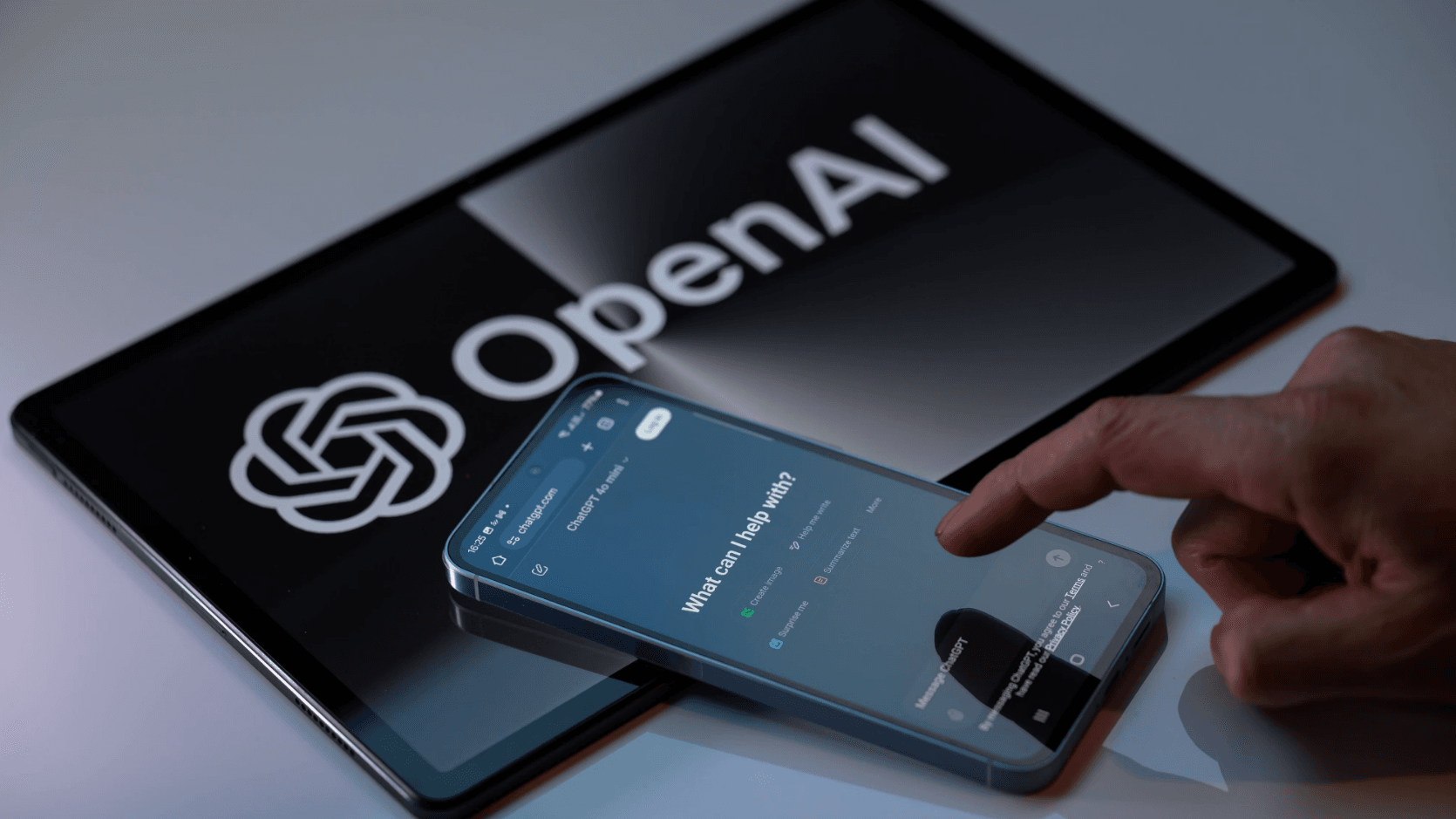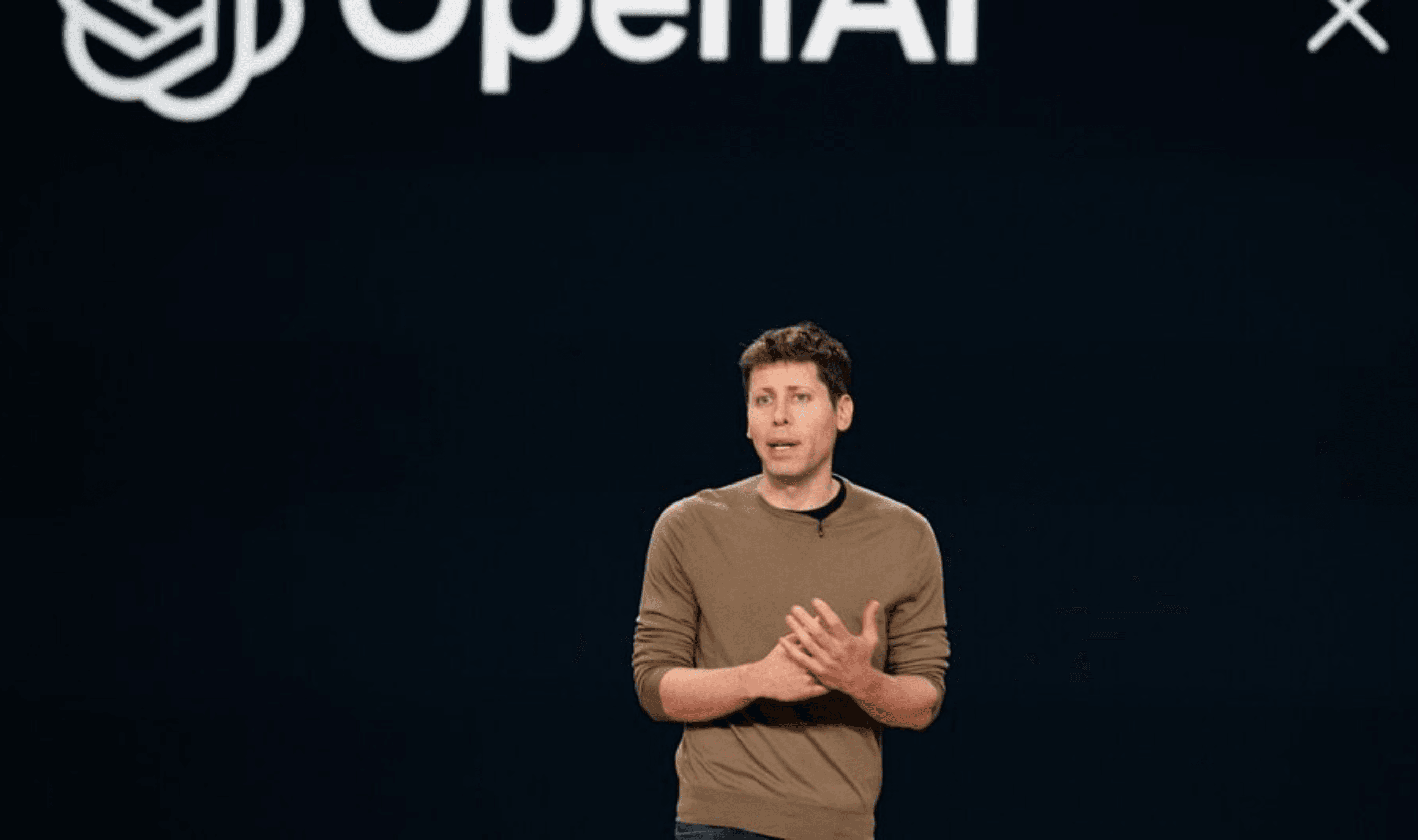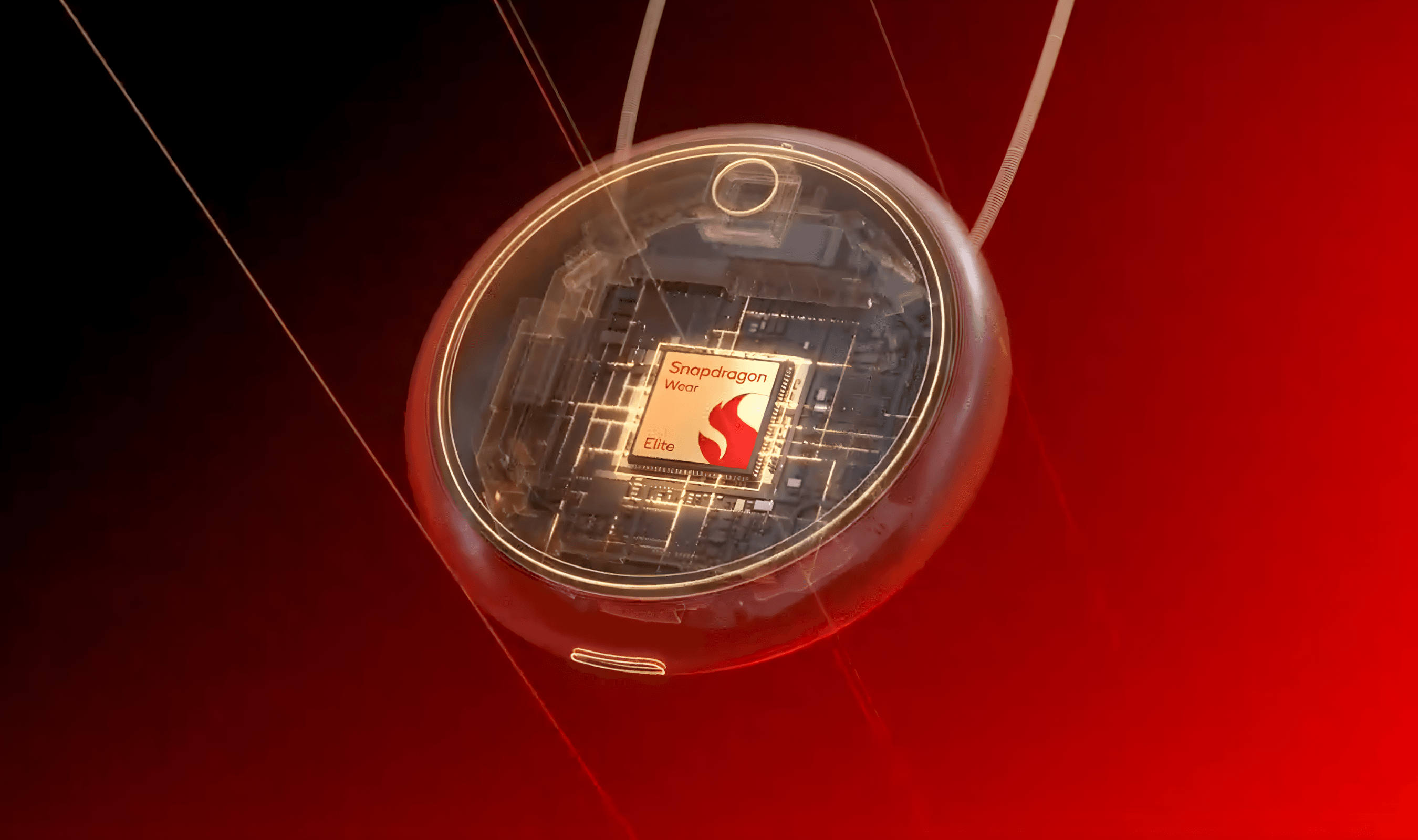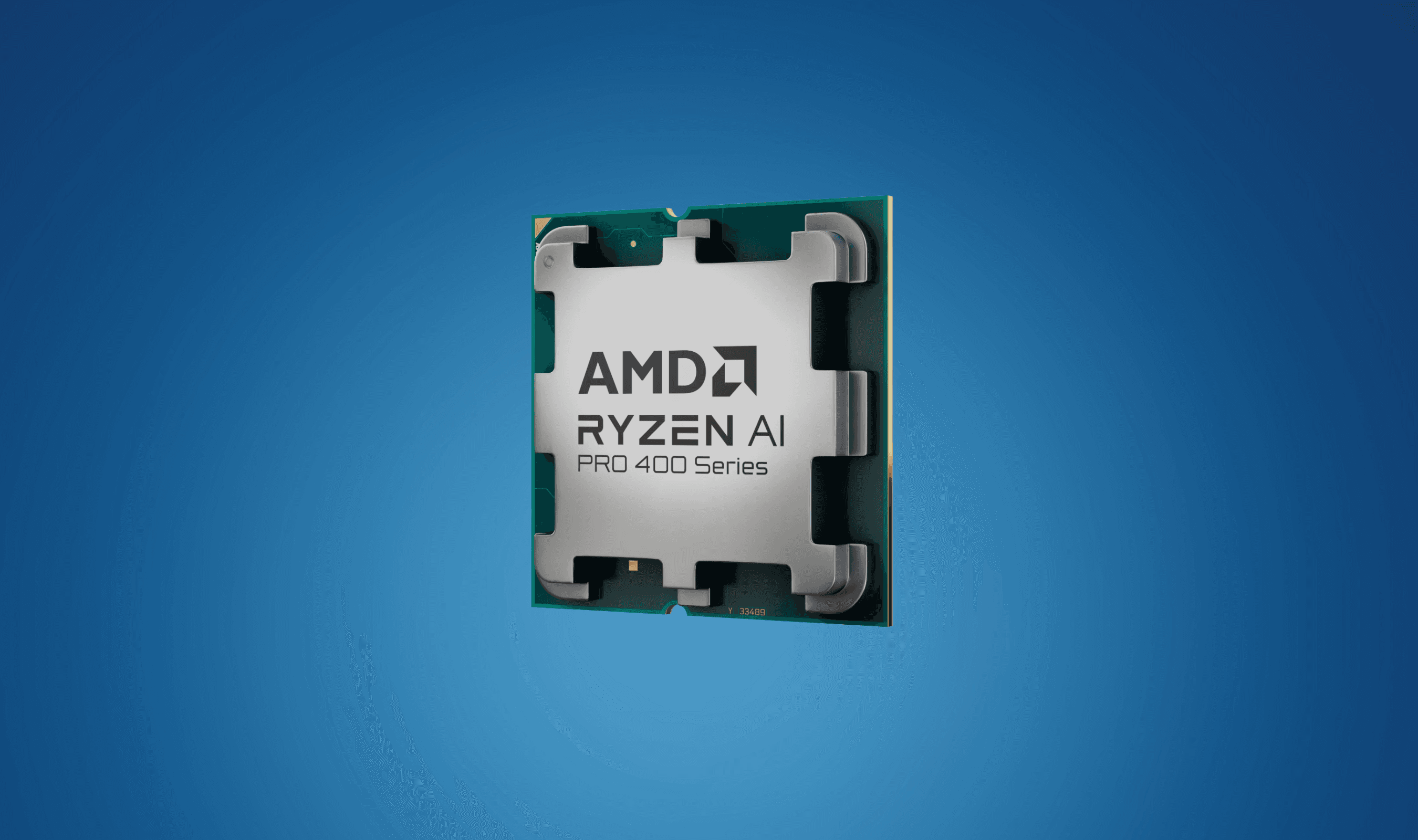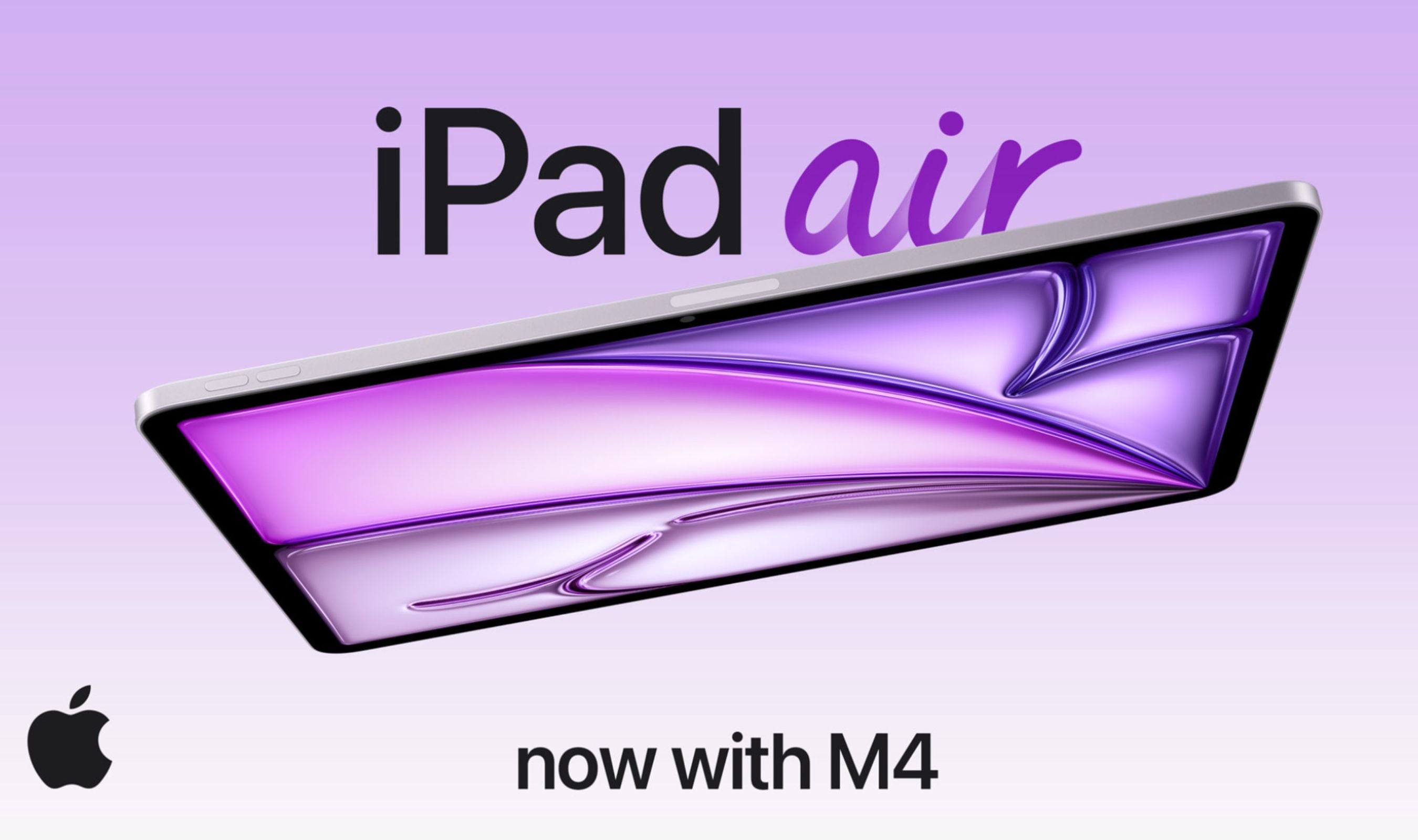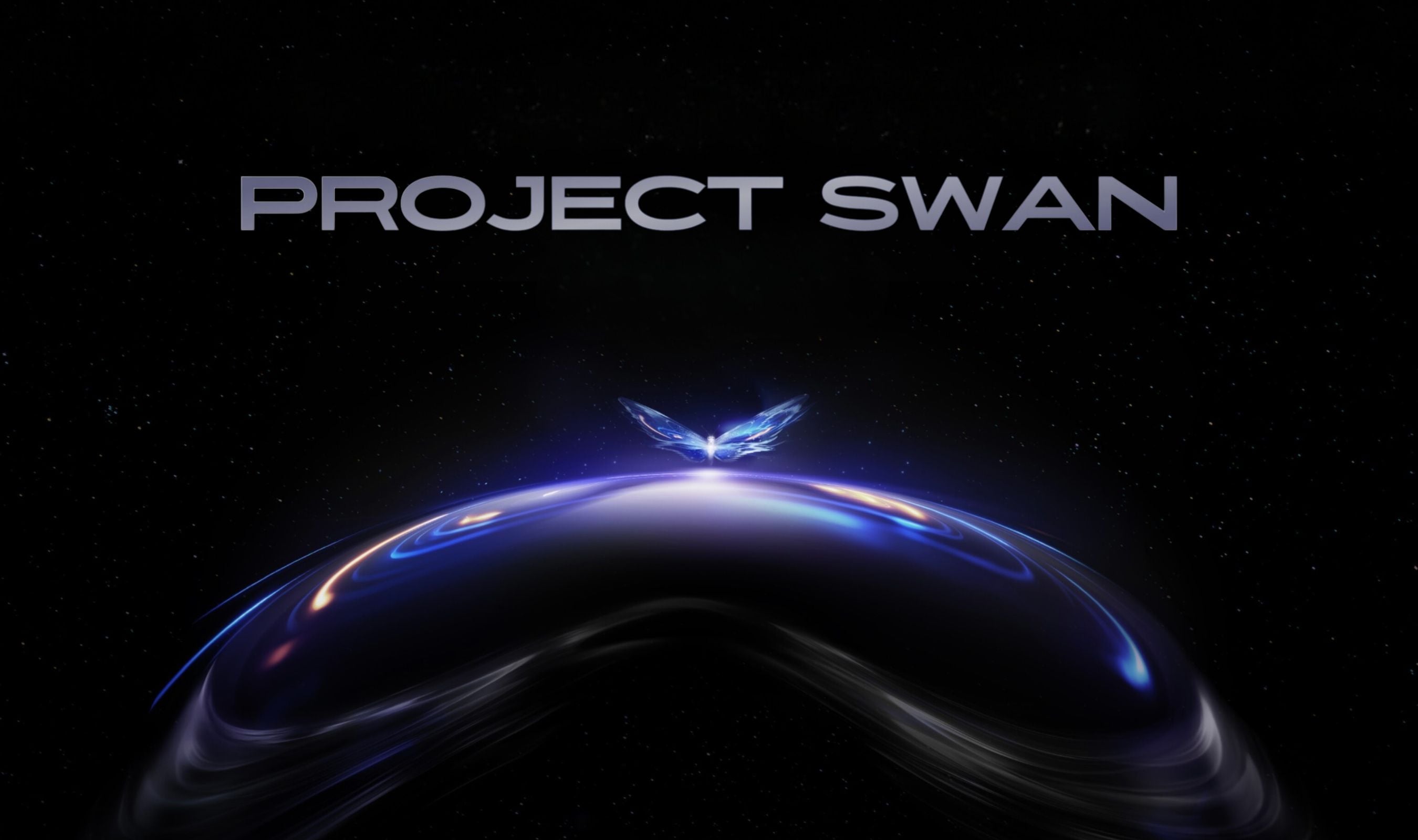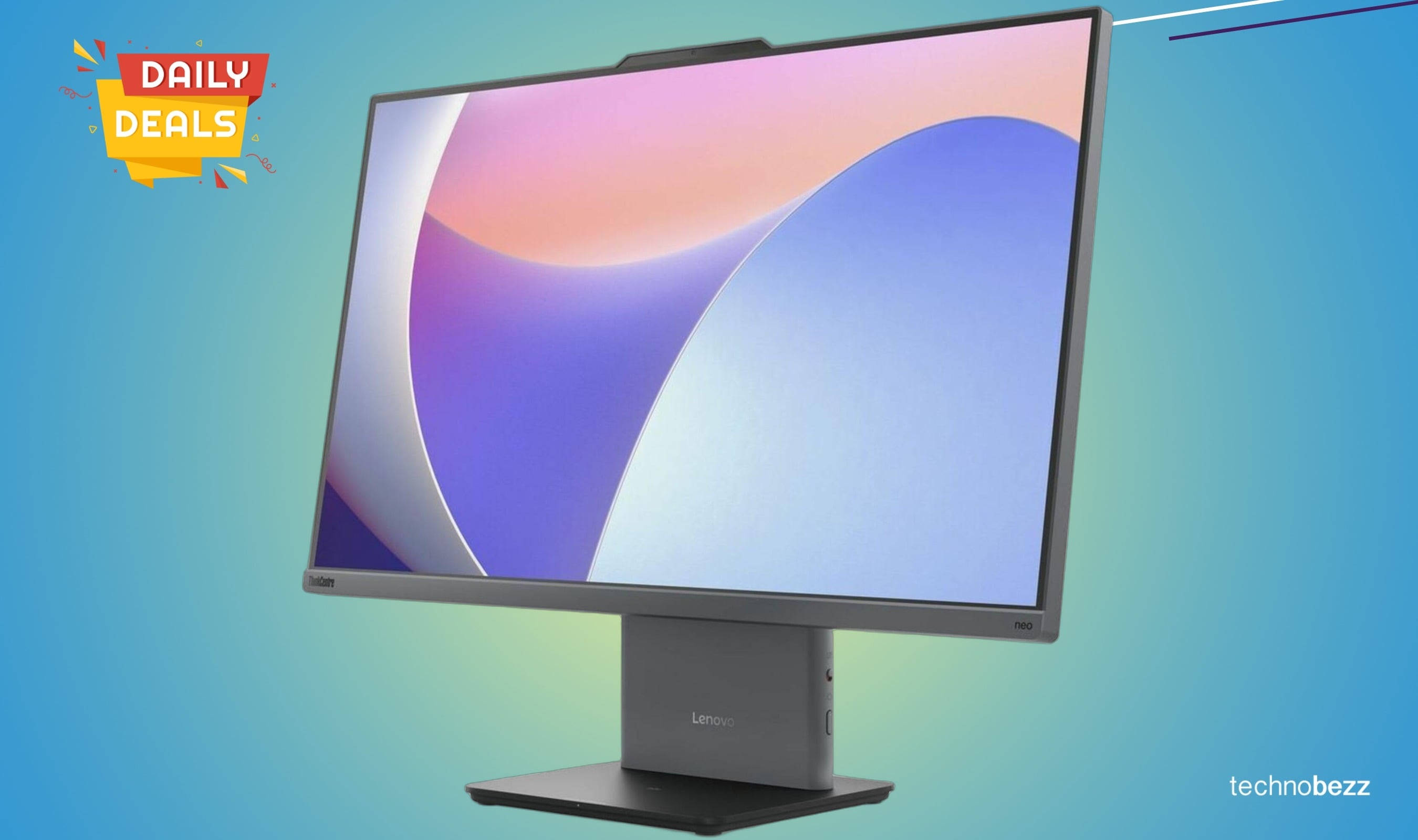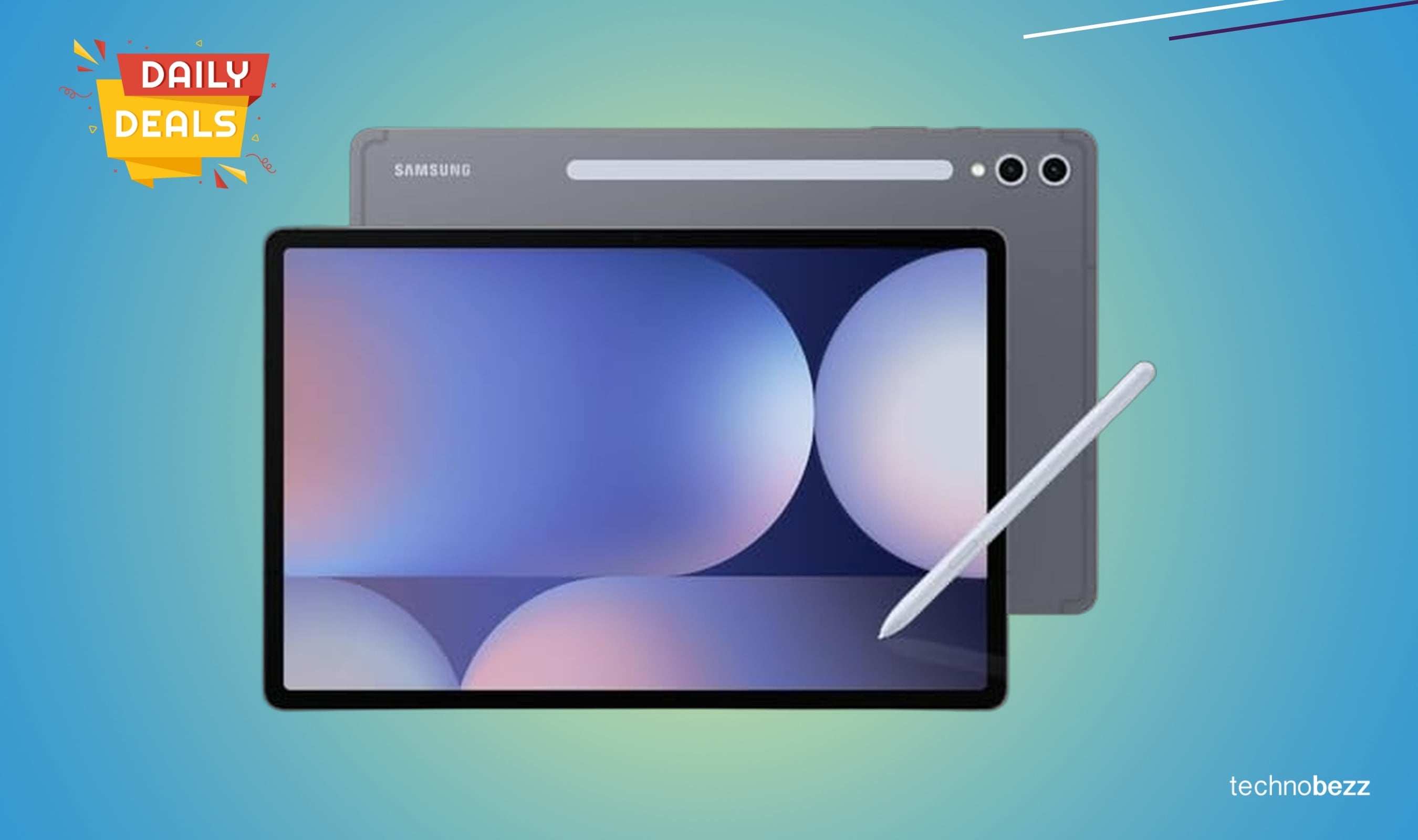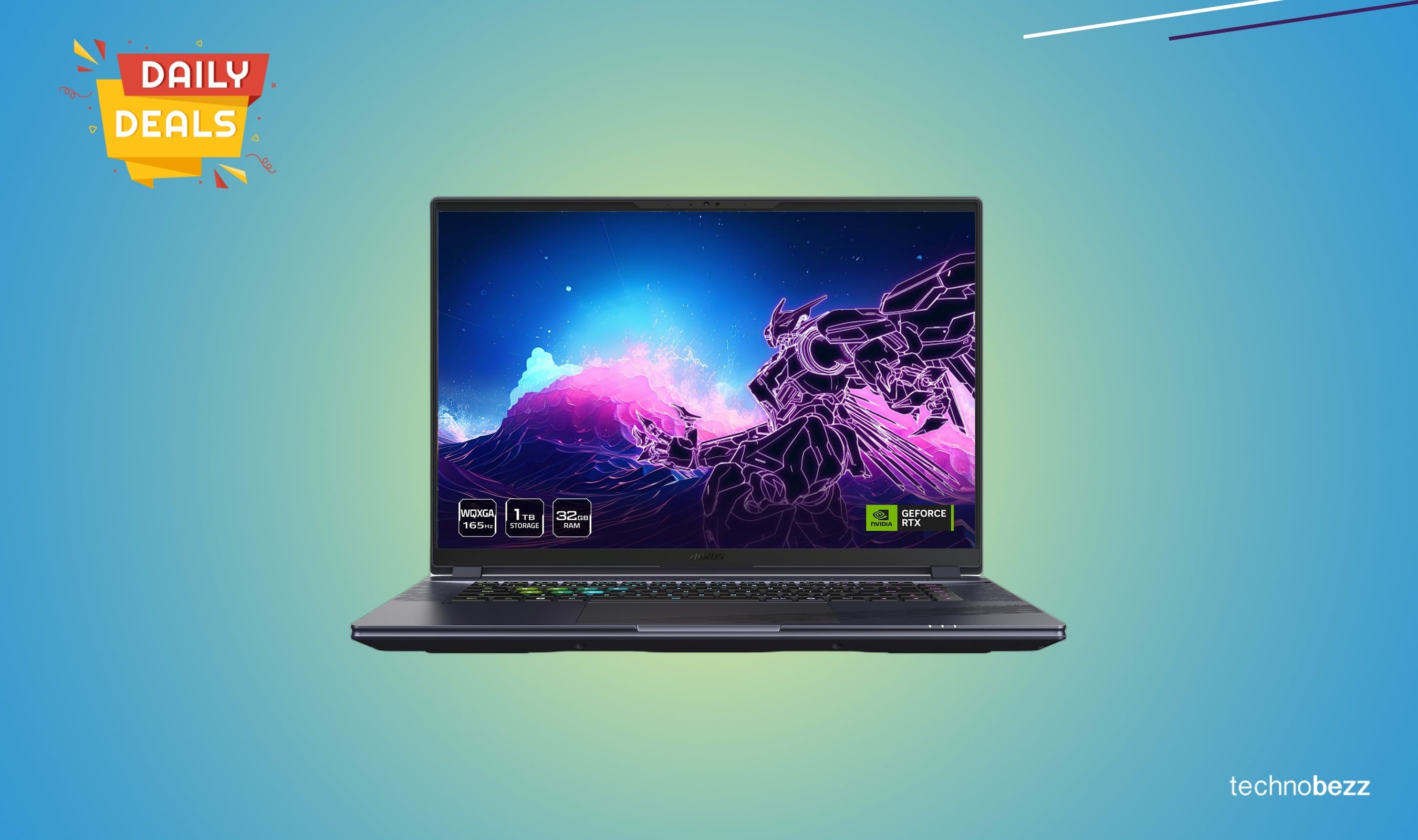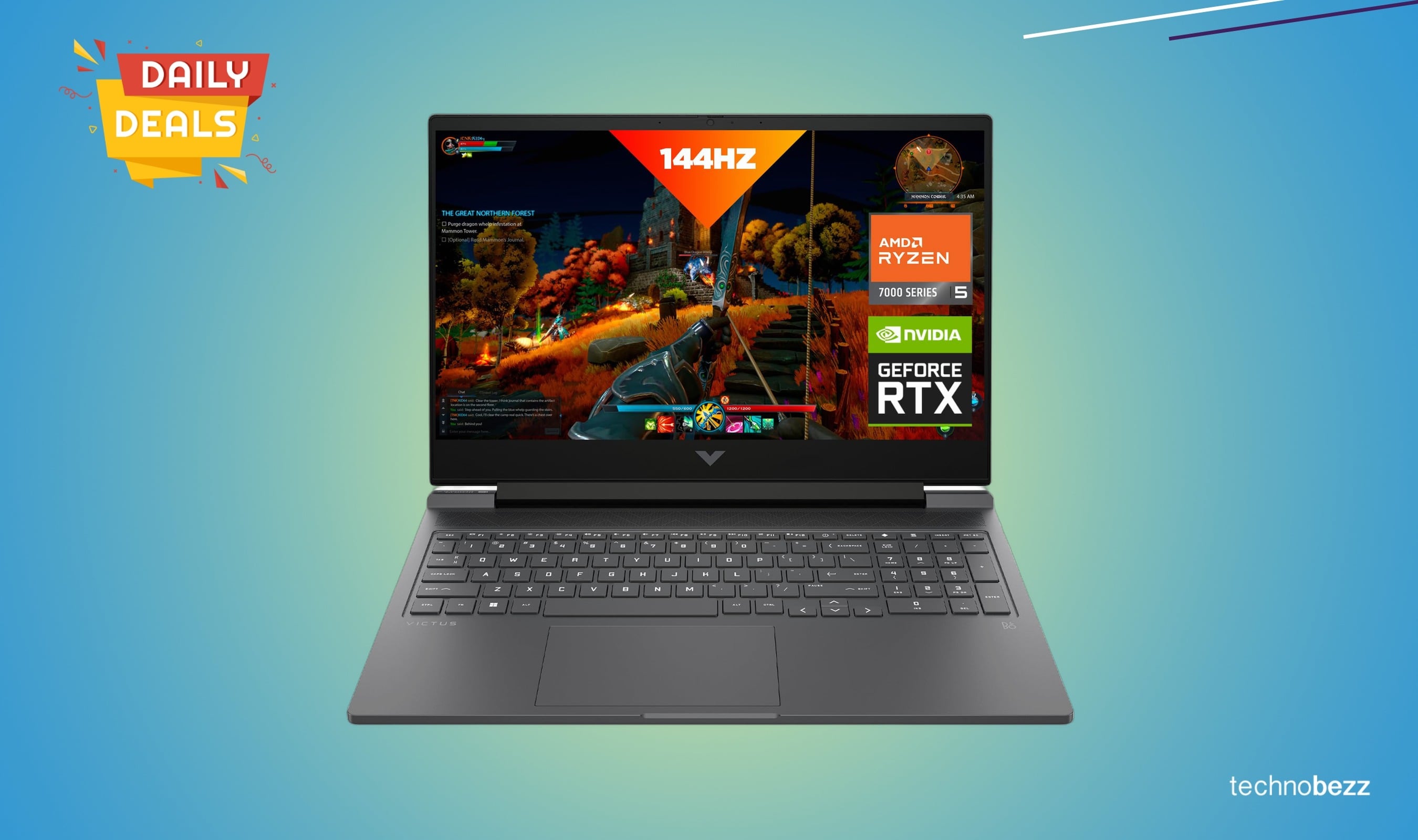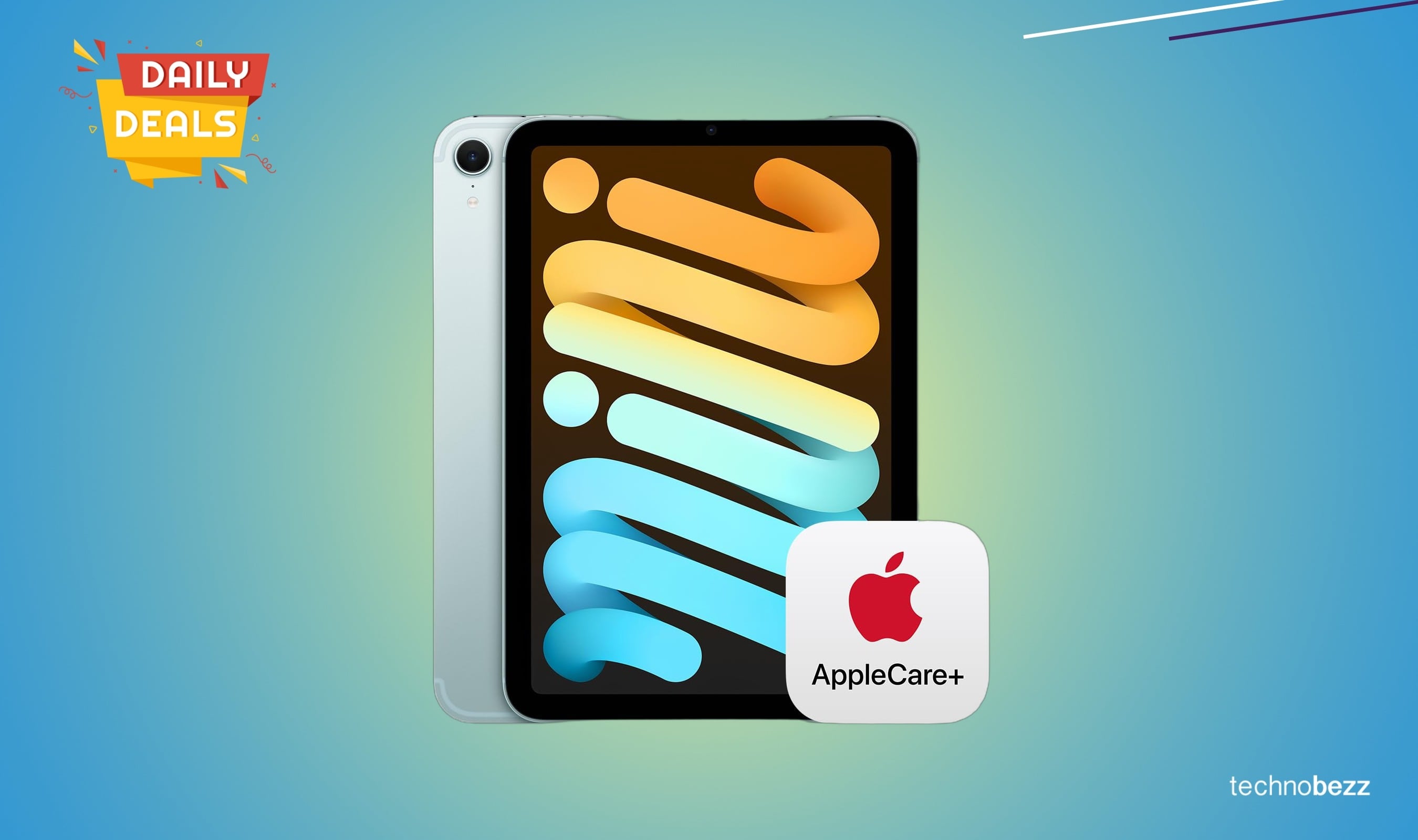OpenAI has officially claimed the title of the world's most valuable private company, completing a massive secondary share sale that values the ChatGPT creator at a staggering $500 billion. The deal, which saw current and former employees sell approximately $6.6 billion in stock, propels OpenAI past Elon Musk's SpaceX, which previously held the top spot with a $456 billion valuation.
This valuation marks a breathtaking 67% jump from OpenAI's $300 billion price tag just months ago during a SoftBank-led funding round. The secondary sale involved major investors including Thrive Capital, SoftBank Group, Dragoneer Investment Group, Abu Dhabi's MGX, and T. Rowe Price, according to multiple reports from Bloomberg and TechCrunch.
What's particularly interesting here is that this wasn't a traditional funding round where the company raises capital. Instead, it was a secondary sale that allowed employees to cash out their shares - a strategic move that helps OpenAI retain top talent in an increasingly competitive AI talent war. The company had authorized up to $10.3 billion in shares for sale, but employees only sold $6.6 billion, suggesting strong internal confidence in OpenAI's long-term prospects.
See also - The Trillion-Dollar AI Bubble Nobody Sees Coming
This milestone comes at a pivotal moment for Sam Altman's company, which is reportedly in negotiations with Microsoft to convert into a more traditional for-profit structure. OpenAI was founded in 2015 as a nonprofit dedicated to advancing AI "in the way that is most likely to benefit humanity as a whole," but the planned changes would give the existing nonprofit entity control over a new public benefit corporation.
The timing couldn't be more significant. OpenAI faces mounting competitive pressure from rivals like Google and Anthropic, which is also raising capital at a rapid clip. Meanwhile, Meta has been aggressively recruiting from OpenAI and other top AI labs, offering compensation packages that reportedly reach nine figures in some cases.
OpenAI's user growth has been nothing short of explosive. ChatGPT recently surpassed 700 million weekly active users, up from 500 million in March, with users exchanging more than 2.5 billion messages daily on the platform. While the company hasn't confirmed profitability, CNBC reported that OpenAI is on track to hit $20 billion in annual revenue by year's end - double what it projected just two months ago.
The infrastructure investments driving this valuation are equally staggering. OpenAI has committed to spending $300 billion on Oracle Cloud Services over the next five years, and Nvidia recently announced plans to invest $100 billion in OpenAI as part of a strategic infrastructure partnership, according to reports. When you add Microsoft's $80 billion AI data center spending and Meta's projected $72 billion in AI investments, you start to understand why investors are betting so heavily on OpenAI's future.
For context, this $500 billion valuation puts OpenAI ahead of not just SpaceX but also TikTok parent ByteDance ($220 billion), Anthropic ($183 billion), and Ant Group ($150 billion), according to Bloomberg data. It's a remarkable achievement for a company that was valued at just $157 billion last October.
As the AI arms race intensifies, OpenAI's new valuation reflects both the immense potential of artificial intelligence and the extraordinary investor confidence in Sam Altman's vision. The question now is whether the company can deliver on these sky-high expectations while navigating the complex transition to a for-profit structure and fending off increasingly aggressive competitors.
One thing's for sure: in the world of private tech companies, OpenAI has officially arrived at the very top.
If you enjoyed this guide, follow us for more.


